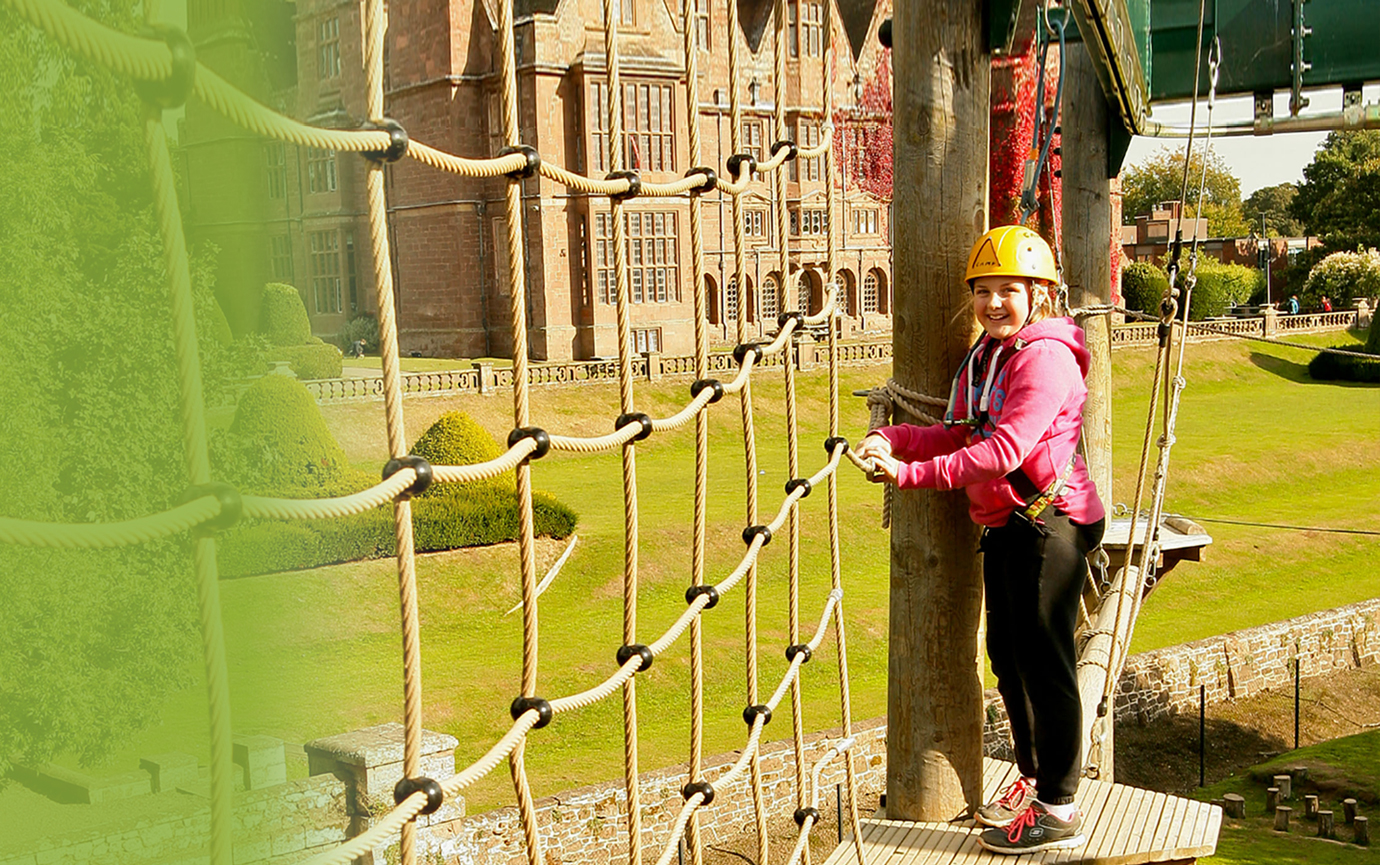Teachers believe social networking sites are to blame for pupil’s poor grades, a study revealed yesterday (Thurs).
According to the report, children who spend much of their time online find it harder to concentrate in class, are permanently distracted and have shorter attention spans.
Teachers also put the dip in the quality of children’s’ homework down to their willingness to spend their evenings on Facebook and Twitter instead of studying.
And many are unhappy at the increase in the number of children who are using text-speak or social networking chat – such as 2mor, msg, lol and bk – in place of English grammar.
The worrying stats emerged in a study of 500 teachers conducted by leading school trips provider JCA – which motivates personal and social development outside the classroom.
A spokeswoman for JCA Janie Burt said: ”This research clearly demonstrates that students up and down the country are spending more and more time using social media.
”Rather than relying on life experiences, educational travel and face to face interaction with others, children are becoming obsessed with social networking and this is shaping their attitudes instead.
”And as the teachers spell out, it is this obsession which has a direct impact on the future of our children – affecting their grades because they fail to complete their homework on time or to the standard required, and being unable to concentrate in class.”
The report shows a quarter of teachers are prepared to put their necks on the line and conclude the children with the poorest grades at school are the ones who are biggest on social networking.
Seven in 10 British teachers believe children are becoming more and more obsessed with websites such as Facebook, Twitter and My Space.
Half of the 500 teachers polled believe this fixation is affecting the children’s ability to concentrate in class.
And two thirds say the quality of children’s homework is poor as they rush to finish it so they can communicate with others online.
Educational Psychologist Kairen Cullen, CPsychol. AFBPsS said: ”It’s a complex subject. Drawing on the basis of my clinical practice working with lots of children and young people, in this day and age it is inevitable that children will want to access and make sense of social networking.
”They enjoy using this tool but there is a danger that these virtual interactions filter out problematic or emotional issues, which in real life, support social and emotional development.
”Social networking has become so much the norm, for adults and children alike, that non-participation can result in feeling excluded or even socially ostracised.
”The time invested in social media versus real life interpersonal interaction can detract from that available for real human contact and contribute to delayed and/or distorted social and emotional development.”
It is also claimed that children who are online at every available opportunity are less willing to communicate with adults.
And some teachers believe that despite schools banning mobile phones, many pupils secretly take smart phones to school and remain connected to social networking websites in class.
Abbreviations commonly used on sites such as Twitter and Facebook are also making it into coursework, essays and experiment write-ups.
And 35 per cent of children regularly use excuses such as ”my computer broke” and ”I couldn’t print it” to explain why they haven’t done their homework.
Teachers believe pupils don’t spend nearly enough time on their homework as they should – and 73 per cent believe parents should take responsibility and limit the amount of time their child is spending online.
Unfortunately, 58 per cent of teachers believe mobile phones and computers are responsible for children being unable to spell as well as previous generations.
And 54 per cent say children can’t write as well as they should because they are more used to keyboards and touch pads.
Educational Psychologist Kairen Cullen continues: ”If children are spending hours at night on social media it is perfectly feasible that teachers will see the negative results of poor concentration, excessive tiredness and lack of engagement in learning in school. In the worst case scenario, children can become quite isolated and withdrawn in the school situation and anywhere else that does not feature computer access.
”It is commonplace to find sleep deprived children who can’t concentrate in school after a late night of social media antics which we need to realise is now part of our social reality.
”Currently there is little empirical research and related guidance on how to integrate social media into school-based learning, although I am aware that many teachers are grappling with this challenge in their day to day practice and some are managing to use this new media very constructively.
”What is clear to all adults involved in the business of supporting children’s learning and development, is that children’s all round development, including emotional and social development, happens over time, requires a range of relevant, meaningful and engaging activities and lots of opportunities to interact directly with other children and adults at school and at home.”
Research conducted by global market research company www.onepoll.com
JCA


0 Comments